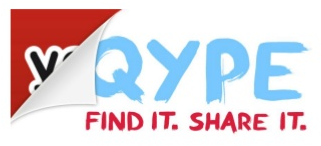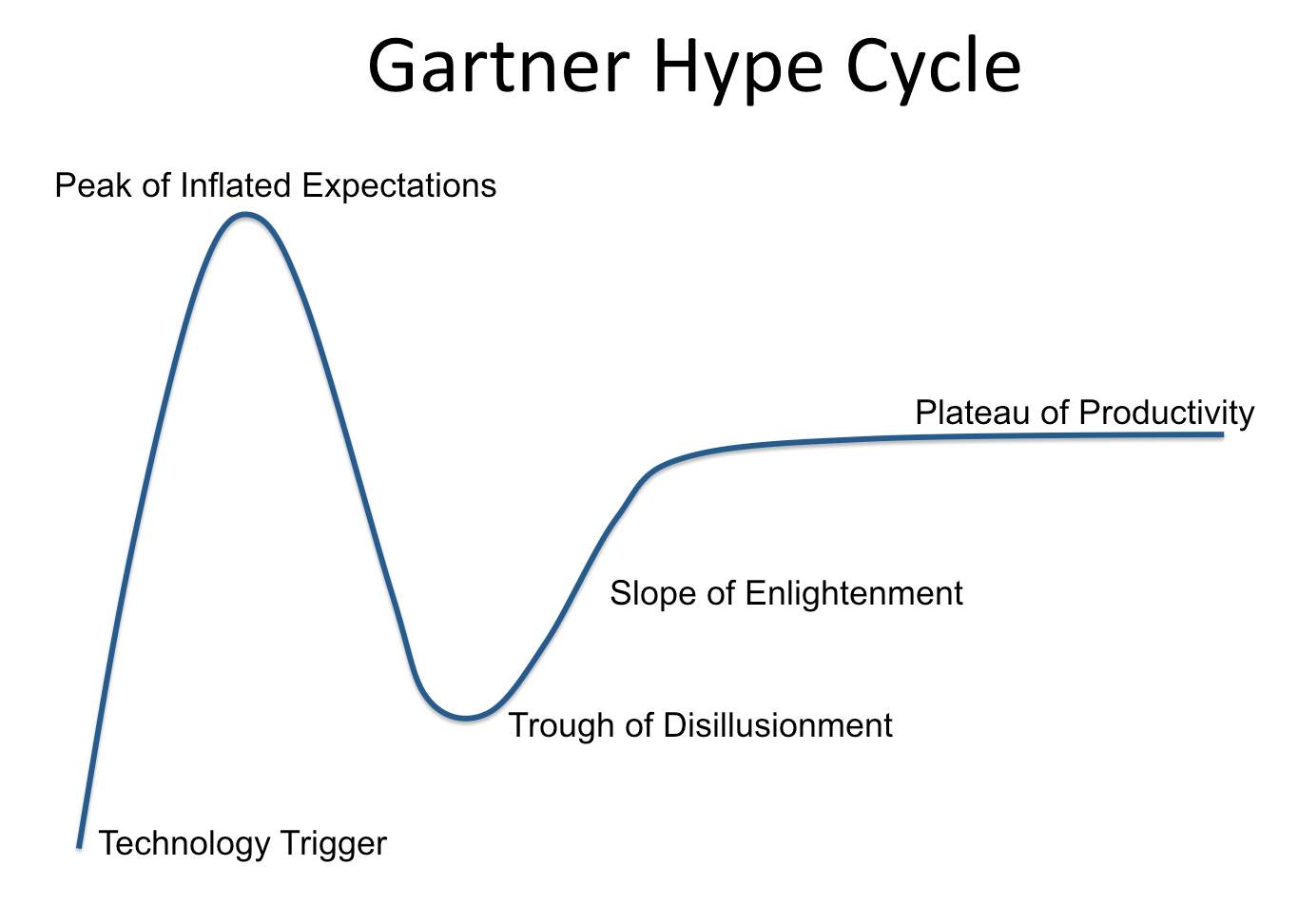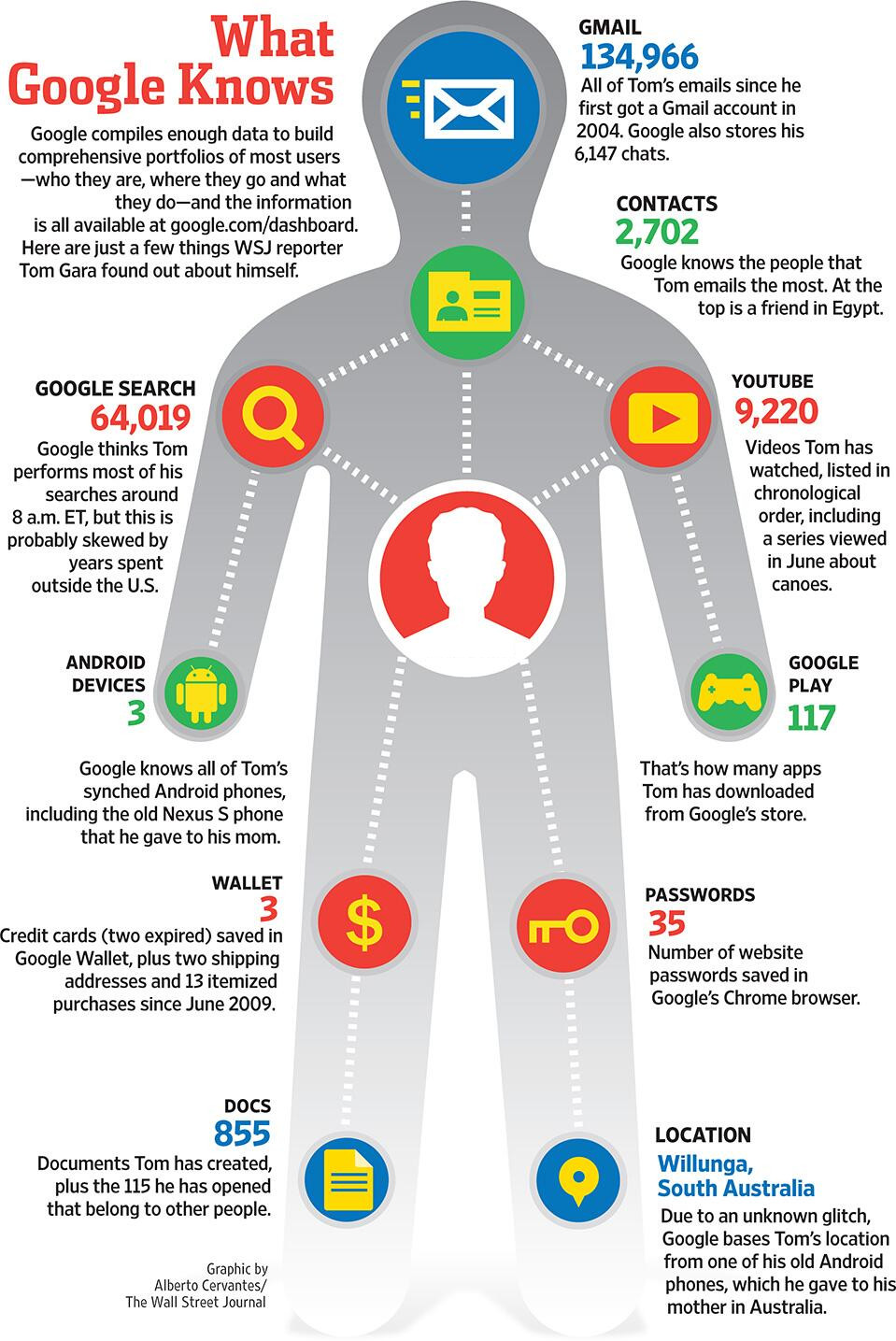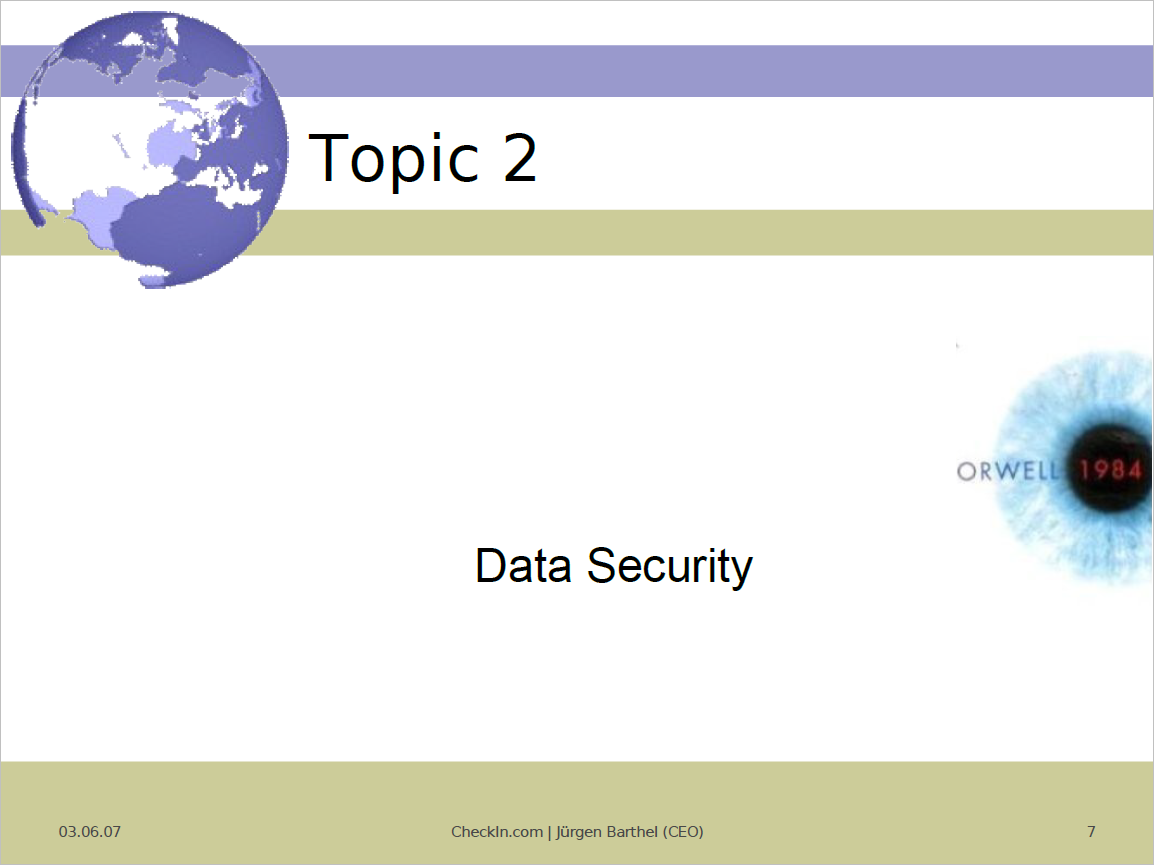 As Blogs are a part of “social networking” and as I follow several blogs like the German Tourismuszukunft, I thought to share some thoughts. As usual, I do appreciate your feedback. This blog is meant to trigger thoughts and make you ask me. My statements are thoughtful, but not necessarily the only truth. Often enough, I do learn better from the exchange with you.
As Blogs are a part of “social networking” and as I follow several blogs like the German Tourismuszukunft, I thought to share some thoughts. As usual, I do appreciate your feedback. This blog is meant to trigger thoughts and make you ask me. My statements are thoughtful, but not necessarily the only truth. Often enough, I do learn better from the exchange with you.
In November, I finally signed up for Facebook and Plaxo, finding old and new friends active in these networks. As of my “troubled history” with Xing and as a majority of my friends are international, I moved my private activities to Facebook and focus professionally on LinkedIn. Oh yes, and my reviews I add to Qype, though I did not have much time for that either lately. I publish once a week in this blog, try to think a bit about the philosophical blog on Sapphilosophy, try to answer on LinkedIn and communicate with my friends and update them on Facebook. Now I want to install WordPress on my website to move my blogs away from Big Brother Google, and my website needs some updating too… Information Overkill…
In an interview, I was just questioned that I do so much “business related activities”. But don’t we all have our hobbies? Business Development, Aviation and Hospitality are my business. And my hobby. My life. But we need to find the time first we can then invest into business and hobbies alike. On- or offline. And in honesty: I appreciate being a lot easier in touch with you than 20 years ago. And I appreciate a phone call (Skype?) and e-Mail. But isn’t a personal meeting definitely more valuable than any electronic exchange. Isn’t that, why we all appreciate opportunities like ITB to meet face to face with many in a short time? Isn’t that the same true for Sales? Yes, once a contact is established, e-communication is okay. But it does not forever substitute for personal meetings.
Food For Thought! (Share your thoughts with me)
![“Our Heads Are Round so our Thoughts Can Change Direction” [Francis Picabia]](https://foodforthought.barthel.eu/wp-content/uploads/2021/10/Picabia-Francis-Round-Heads.jpg)

 Some of you remember my ASRA-presentation 2007, where Christoph joked about me being paranoid? Yes, I am! Not paralyzed, but careful. My life is largely “online”, I use Social Networks, have my own websites and blogs. But yes, I do consider who gets access to what and I do distrust companies like Microsoft, Google, Yahoo & Co. I have to use them. Some of their stuff is simply great (Google Earth + Maps), but these corporations have stronger power today than a president of the United States. Do I use Facebook or does Facebook use me?
Some of you remember my ASRA-presentation 2007, where Christoph joked about me being paranoid? Yes, I am! Not paralyzed, but careful. My life is largely “online”, I use Social Networks, have my own websites and blogs. But yes, I do consider who gets access to what and I do distrust companies like Microsoft, Google, Yahoo & Co. I have to use them. Some of their stuff is simply great (Google Earth + Maps), but these corporations have stronger power today than a president of the United States. Do I use Facebook or does Facebook use me?
 Lately major discussions in Germany and online are the various public “rating” sites. Using Qype myself and HolidayCheck for the hotel ratings and reviews, I am a mature online user, able to read as well between lines as when I read the catalogue of a tour operator…
Lately major discussions in Germany and online are the various public “rating” sites. Using Qype myself and HolidayCheck for the hotel ratings and reviews, I am a mature online user, able to read as well between lines as when I read the catalogue of a tour operator…


 No matter, if this has been a newspaper hoax, there is something good in this. Who knows today, where data is collected, how it is stored, kept secure, who has access to it? How “secure” is “secure”? The Internet by definition is insecure. An old – even pre-WWW saying in IT: To have a secure system, remove all input… If a user in old DOS entered “format c: /u” the drive was formated irreversably. Oops, I forgot to backup that file? Too late. In my
No matter, if this has been a newspaper hoax, there is something good in this. Who knows today, where data is collected, how it is stored, kept secure, who has access to it? How “secure” is “secure”? The Internet by definition is insecure. An old – even pre-WWW saying in IT: To have a secure system, remove all input… If a user in old DOS entered “format c: /u” the drive was formated irreversably. Oops, I forgot to backup that file? Too late. In my  What is “CRM” all about? Mostly, it”s a hype word, used by IT-companies to sell you (their) “off the shelf”-software, forcing you to their ways to qualify a customer. Back in 2000 at ITB congress, I was asked to address ad hoc CRM taking over a slot from a noshow-speaker. My question was – and is: What is CRM? It”s Customer Relationship Management. It”s about how to manage your relation to your customers. So what”s new?
What is “CRM” all about? Mostly, it”s a hype word, used by IT-companies to sell you (their) “off the shelf”-software, forcing you to their ways to qualify a customer. Back in 2000 at ITB congress, I was asked to address ad hoc CRM taking over a slot from a noshow-speaker. My question was – and is: What is CRM? It”s Customer Relationship Management. It”s about how to manage your relation to your customers. So what”s new?